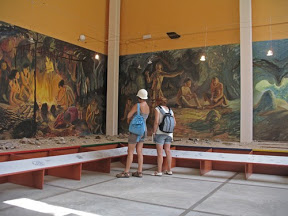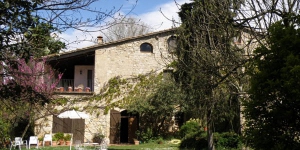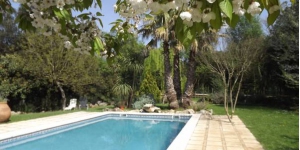
The atmospheric Coves de Serinyà, Paleolithic limestone caves, have only been opened to the public in recent years and are still being excavated; to date, they’ve turned up over thirty thousand objects, including evidence of human habitation alongside remains of lions, panthers, hyenas and elephants. Three caves are accessible at present. Finds at Cova d’Arbreda, overlooking the narrow valley, date from between 100,000 and 15,000 years ago, the most significant being flint from southern France; as local flint was too brittle for use as tools, the nomadic cave-dwellers would travel hundreds of kilometres north each year to find other sources of flint. A 200,000-year- old tooth, the oldest human remain in Catalonia (now on display in Barcelona), was found at the Cova de Mollet, at the foot of the slope.The numinous Cova de Reclau Viver at the end of the path has turned up finds, including Bronze Age funeral urns, dating back 40,000 years.
Serinyà Prehistoric Caves Map
- Hotels(4)
- Iberian sites(1)
How to arrive to Serinyà Prehistoric Caves?
How to arrive from:Serinyà Prehistoric Caves Photos
Other interesting places near here
-
 2 miles away
2 miles awayClot d'Espolla is a temporary pond formed in the north of Lake Banyoles, less than 2 kms from it, and that feeds from some springs under the rocks in its basement. Under these holes goes out overflowing groundwater from the mountains of the region of high Garrotxa, north-west. That is why we find it in its glory in the rainy season and is dry in summer. This pond also raise the triops cranciformes, some crustaceans whose eggs are kept in the mud for months and who develop in the rainy season, when they grow until to 2 or 3 cm.
... -
 4 miles away
4 miles awayIn 1990 it was discovered this archaeological site, called the Draga, corresponding to an ancient Neolithic village next to Lake Banyoles, and created around the year 5000 BC. It is the only lake village preserved throughout the Iberian Peninsula and here have been found hundreds of sticks used as pillars of the huts that were established here. Some of these huts have been rebuilt for curious visitors. Guided tours and workshops for children on creating tools of the time are organized.
... -
 4.2 miles away
4.2 miles awayBanyoles’ charm lies in its lake, the Estany de Banyoles, circled by wooded hills and reached by a clearly signposted main road from the town centre. Fed by underground streams, the lake is up to 62 m deep in parts and is surrounded by seven
Quick search
HotelsApartmentsVillasCampings...and near here:
Costa Brava Guide
2024 @Costa Brava's. All Rights Reserved.

